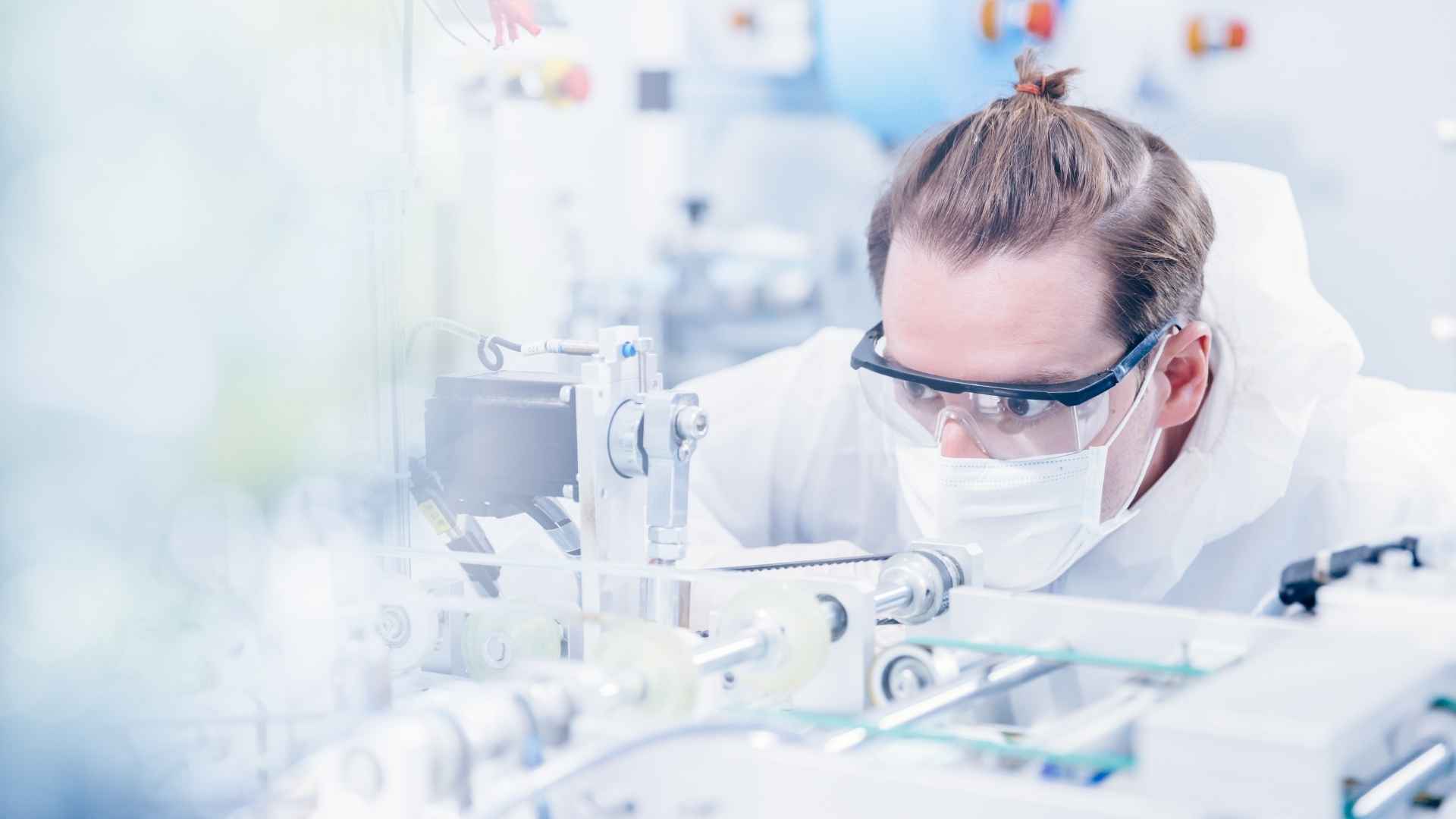In the dynamic realm of medicine, the key from transforming innovative concepts to real, tangible medical advancements lies within the realm of research services. Medical research plays a pivotal role, creating a platform for revolutionary medicines and medical devices. It paves the way for momentous breakthroughs, pushing the boundaries of what is possible and transforming healthcare as we know it.
In this journey, preclinical studies act as the critical bridge between an idea and its practical application. Despite numerous challenges, from stringent regulations to ethical considerations, researchers, backed by advanced technology and collaborations, are pioneering cutting-edge medical solutions. The power of research is not only transforming today's medical landscape but is also key to unlocking the endless possibilities that future medical innovations hold.
Importance of Research Services in Advancing Medical Innovations
The growth and progress of the medical sector greatly depend on research services. Transforming medical concepts into reality requires in-depth research and robust applications of scientific methods. The journey of every new drug or medical device commences with research.
The development and approval of these novel interventions are grounded in the outcomes of meticulous preclinical studies. It's in these initial trials where the vital parameters like safety, efficiency, and possible adverse effects get evaluated. Research services play a pivotal role in orchestrating these studies, thus forming an integral part of medical innovation.
Breaking new grounds in healthcare also relies on the consolidation of evolving research techniques and top-tier technology. Rapid advancements in these have led to unprecedented discoveries and treatments that were unthinkable in the past. However, the continuous evolution of medical innovation is heavily contingent on leveraging these research services.
The future of healthcare holds immense promise, and research services are destined to be at the forefront of this revolution.
Key Elements of Preclinical Studies for Medicines and Medical Devices
Preclinical studies serve as the cornerstone in the development of innovative medicines and medical devices. Their substantial role involves bridging the gap between initial research and clinical trials. The judicious use of animal models in preclinical studies enables an accurate comprehension of a drug's efficacy and potential hazards, mimicking the drug's effect on the human body to a considerable degree.
Significance of Rigorous Testing and Evaluation
Rigorous testing and evaluation don an essential part in preclinical studies. It includes crucial stages such as dosage determination, toxicity assessments, and initial efficacy analysis. These stages aid in identifying drug properties, potential risks and therapeutic potential, paving the way for improved patient safety and outcomes.
The interpretation of data derived from preclinical studies carries significant weight, enabling researchers to extrapolate meaningful conclusions, and guiding the subsequent phases of clinical trials. As discussed in the upcoming section, the role of advanced technology and innovative methodologies cannot be undermined in this respect. A perfect blend of these key elements ensures the credibility of preclinical studies, marking them as pivotal for success in the field of medical innovation.
Challenges and Solutions in Conducting Advanced Medical Research
The pursuit of advanced medical research is faced with numerous challenges. These range from limited resources and complex regulations to ethical considerations. Scientists often need to work within tight budgets while complying with stringent regulatory standards, which may cause delays in innovation.
An effective solution to these challenges lies in strengthening collaboration. When researchers, scientists, and medical professionals engage in constructive discourse, they can combine their expertise to overcome impediments. Working together, they harmonize financial resources, technological tools, and ethical practices, ensuring the smooth progression of research.
Innovative technologies and methodologies: Catalysts for change
The incorporation of cutting-edge technologies can streamline research processes, overcoming the inherent complexities of advanced medical research. With the advent of bioinformatics and predictive modeling, researchers have been able to expedite drug discovery and development.
In Israel, a noteworthy example is the BrainGate project – a groundbreaking venture that saw international collaboration leading to the development of a neural interface system. This highlights the capabilities of cohesive research efforts and the effective utilization of advanced technology.
Despite the existing challenges, continuous improvement and adaptation anchor growth in the medical research field. As we delve deeper into uncoding the mysteries of medical science, these challenges serve as reminders to persevere and innovate.
Future Implications and Possibilities for Medical Innovation
As we stride into the future, the potential implications of medical innovation are far-reaching and transformative. Technologies such as gene therapy are revolutionizing the way we approach genetic disorders, whilst AI-driven diagnostics are leading to unprecedented accuracy in disease detection.
Yet, these advancements are not without their challenges. Ethical considerations, such as the safe and equitable use of these technologies, will become increasingly prevalent. Preserving human empathy within AI-driven healthcare, monitoring gene therapy to prevent misuse, and ensuring the accessibility of innovations to all segments of society, are concerns that need tackling.
Notwithstanding the challenges, we cannot downplay the crucial role of ongoing research in shaping the future. The groundbreaking achievements in the field of medical innovation thus far give us a glimpse into a future filled with limitless possibilities. As mentioned earlier, the collaboration between scientists, researchers, and doctors, along with rigorous preclinical studies, will continue to play a pivotal role in the future of medical innovation.
For More Info: http://biotechfarm.co.il/
